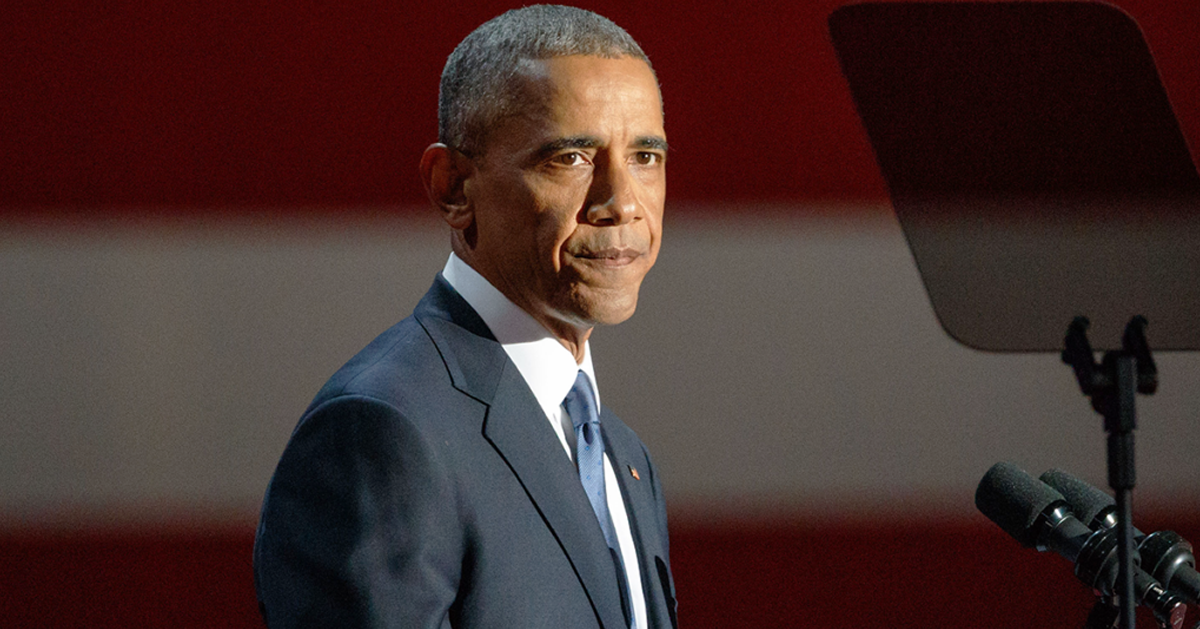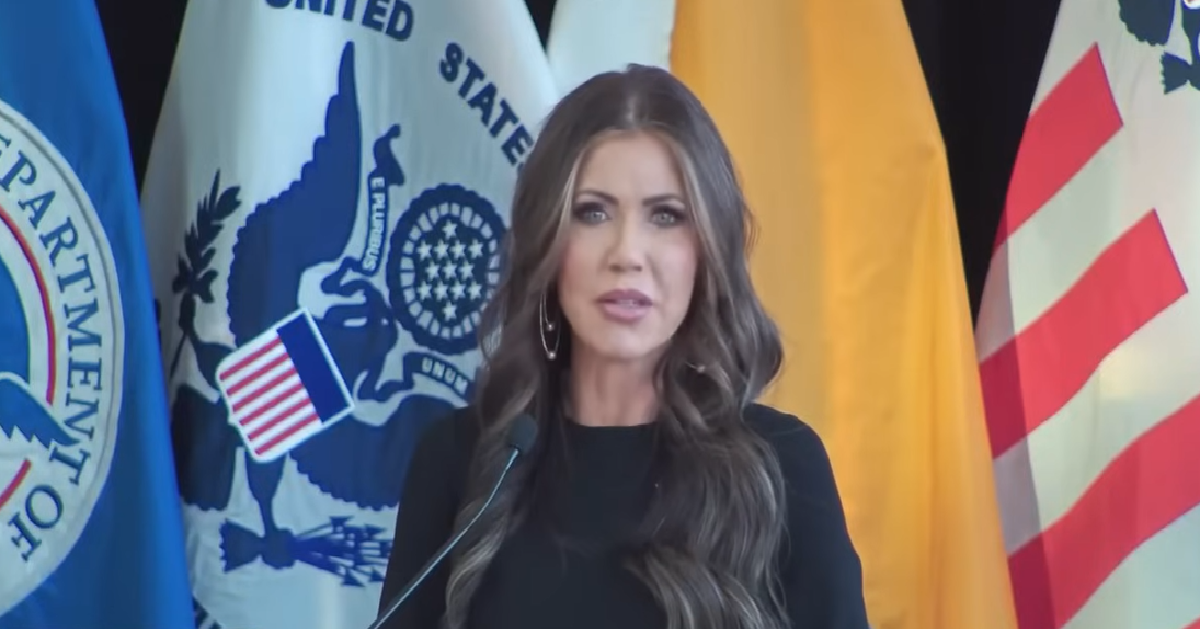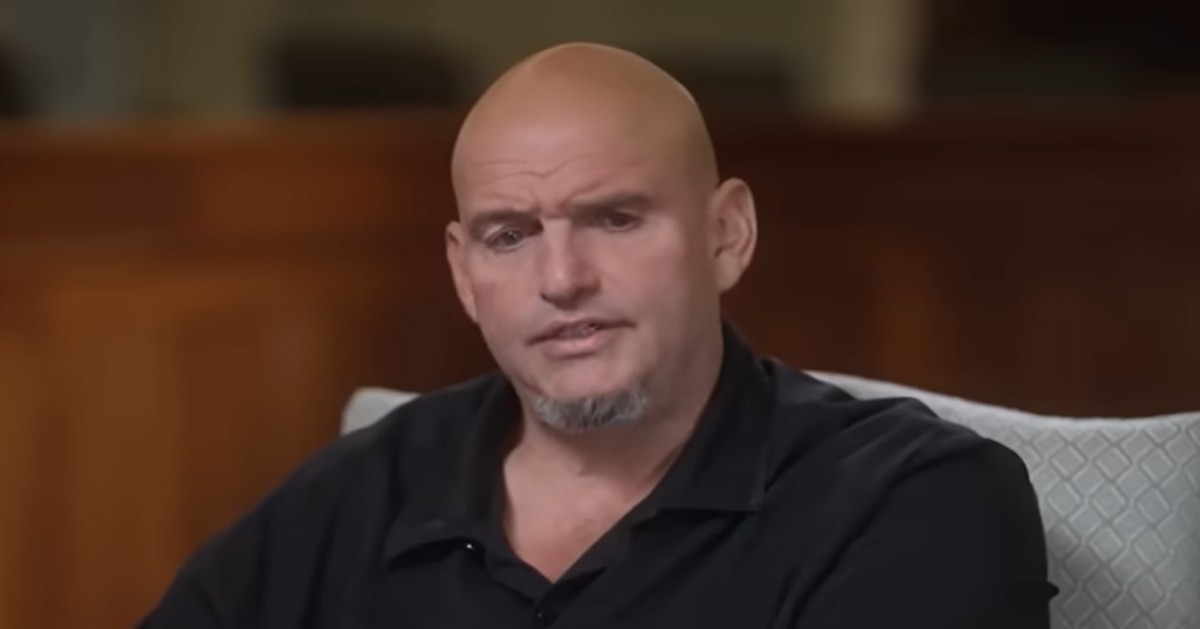Supreme Court gives family go-ahead on FBI lawsuit
The United States Supreme Court made a significant ruling, allowing an Atlanta family to pursue their legal action against the FBI over a bungled raid in 2017.
This decision marks an important step in examining the balance between federal power and individual rights, underscoring the potential for citizens to seek accountability from law enforcement agencies.
In October 2017, a pre-dawn raid by an FBI SWAT team in Atlanta turned into a case of mistaken identity. The agents stormed the home of Trina Martin during their operation.
Unintended Consequences of the 2017 Raid
Armed with a search warrant, the agents mistakenly targeted Martin's residence instead of Joseph Riley's, a suspected gang member who lived nearby. This error resulted in an intense encounter with Martin, her then-boyfriend Toi Cliatt, and her 7-year-old son.
The raid was an alarming ordeal for the family as agents employed a flashbang grenade and directed weapons at them. The incident left Martin and Cliatt claiming emotional trauma and physical damage to their home due to the chaos.
As a result of the disruptive raid, Martin and Cliatt decided to file a lawsuit against the federal agency, citing the Federal Tort Claims Act. However, the path to justice was not straightforward due to sovereign immunity, which traditionally shields agencies from lawsuits.
Legal Challenges in Pursuing the Case
Their legal journey faced a significant hurdle when the 11th U.S. Circuit Court of Appeals initially dismissed their claims. The court's ruling suggested that the family's case was barred under the doctrine of sovereign immunity, presenting an obstacle for their pursuit of justice.
The family, represented by attorney Patrick Jaicomo, remained determined to challenge this outcome and emphasize the accountability of federal entities for their actions.
Jaicomo emphasized, "We look forward to continuing this fight with the Martins in the Eleventh Circuit and making it easier for everyday people to hold the government accountable for its mistaken and intentional violations of individual rights."
Supreme Court's Decisive Intervention
On Thursday, the Supreme Court offered a unanimous decision in favor of Martin and her family, effectively reversing the previous ruling by the 11th Circuit. Justice Neil Gorsuch delivered the court's opinion, bringing clarity to the direction that lower courts must take.
Justice Gorsuch noted that there was “work enough for the day” to address and remedy the misunderstandings that had previously influenced the court's view of this case.
Gorsuch acknowledged the diverse interpretations among lower courts concerning the discretionary function exception, which had been central to the prior decision to dismiss the case.
Implications of the Decision for Citizens
This ruling by the Supreme Court negates the 11th Circuit's reliance on assumptions and redirects it to consider state-specific legal standards, offering the plaintiffs a renewed chance to argue their case.
It reflects a broader discourse on how citizens can seek legal recourse against government missteps, especially in scenarios involving misconceptions that lead to harmful incidents.
This decision holds broader significance, shedding light on the tension between upholding sovereign immunity and ensuring government accountability to the populace.
The Path Forward for the Martin Family
With the Supreme Court's backing, Martin, Cliatt, and their legal team can resume their efforts in the 11th Circuit Court, empowered by the clarity provided by the highest court's ruling.
The ultimate resolution in the Eleventh Circuit will be crucial. It will determine how legal principles are applied to incidents where federal actions mistakenly intrude upon individual lives.
As the case returns to the lower court, it serves as a pivotal moment for examining the boundaries of federal immunity in error-prone operations, potentially setting a precedent for future cases.





